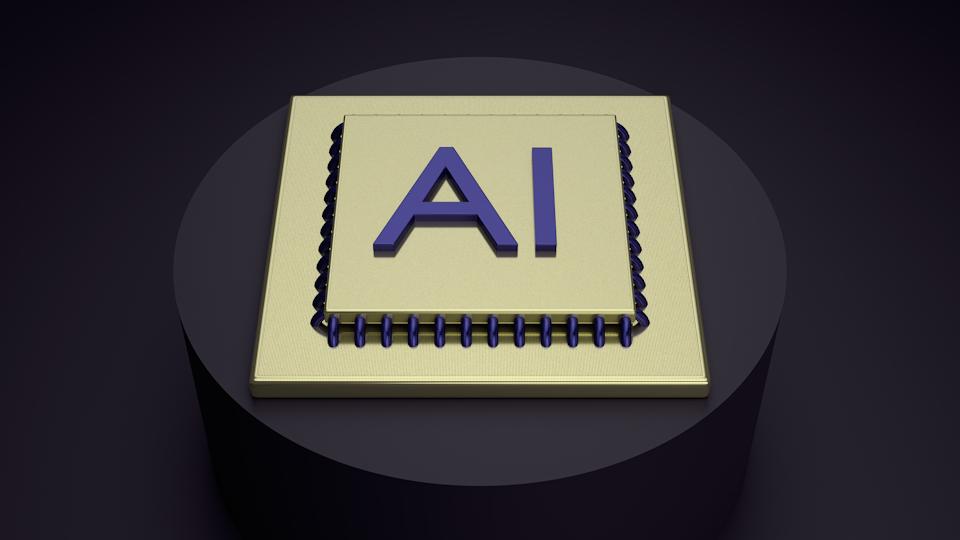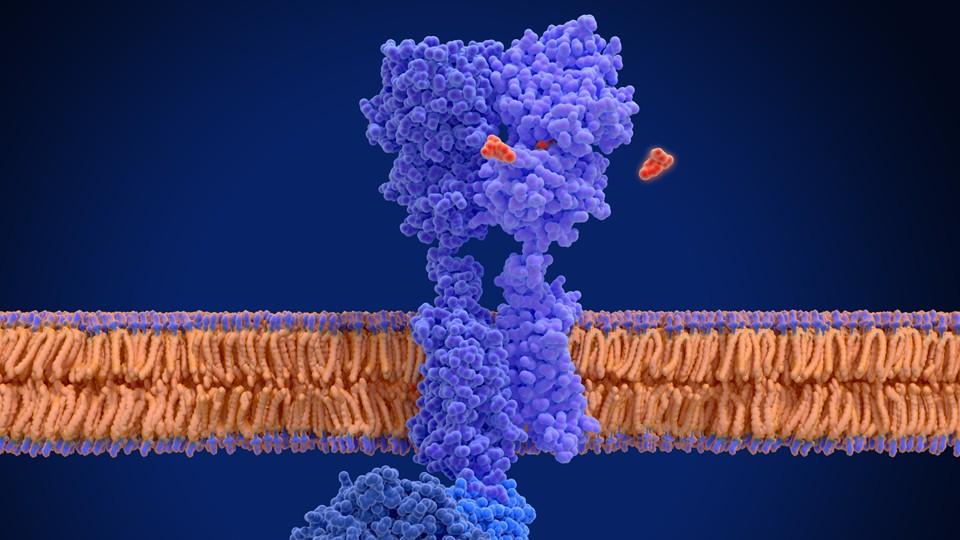Sanofi expands GenAI drug discovery pact with Aqemia

Sanofi has deepened an existing collaboration with artificial intelligence specialist Aqemia in the latest among a flurry of collaborations between pharma companies and generative AI (GenAI) companies.
The French pharma group has signed a multi-year agreement with Paris-based Aqemia, focused on the discovery of small-molecule drug candidates across multiple therapeutic categories, through the application of GenAI and deep physics algorithms that can model molecular interactions.
The deal – worth up to $140 million in upfront and milestone payments – will see the two companies collaborate across the drug discovery spectrum, from the identification of potential compound ‘hits’ to the selection of candidates for development.
The agreement comes shortly after AstraZeneca agreed a partnership worth up to $247 million with Absci, and Boehringer Ingelheim forged a wide-ranging alliance with IBM, to apply GenAI approaches to the discovery of large-molecule drugs like antibodies, and provides further evidence that the biopharma industry is putting the technology at the heart of its R&D processes.
Aqemia says its Launchpad engine differs from others being used by industry as it is almost entirely ‘in silico’, i.e. it does not need experimental data to train the algorithms prior to starting the design, and can be applied at the earliest stages of the drug discovery process.
The latest agreement between Sanofi and Aqemia builds on a collaboration that started in 2020 and was extended in 2022, focusing on oncology, which is one of Sanofi’s core therapeutic areas.
Commenting on the alliance, Maximilien Levesque, Aqemia’s chief executive and co-founder, said: “This whole new step is about scaling our respective expertise to multiple projects, and supporting Sanofi in discovering novel chemical matter at scale with our unique technology – including on difficult projects with limited chemical data upfront and hard issues like selectivity.”
Aqemia’s other partnerships include a programme with Servier, applying AI to the discovery of new drug molecules against immuno-oncological targets previously considered to be “undruggable” that started in 2021 and was extended earlier this year, and a pilot with Johnson & Johnson’s Janssen unit that is applying the technology to predicting the potency of small molecule compounds.
The company spun out of the École Normale Supérieure (ENS) in Paris four years ago, with the mission to massively scale drug discovery through the application of quantum-inspired physics and machine learning.
It raised €30 million last year in a Series A round to further develop its drug discovery platform, with backing from Eurazeo, Bpifrance, and Elaia.
Along with providing services to other companies, Aqemia is also developing its own drug candidates, mainly for cancer, with a view to taking them forwards through biotech company spin-offs or licensing them out.
Photo by Mohamed Nohassi on Unsplash













